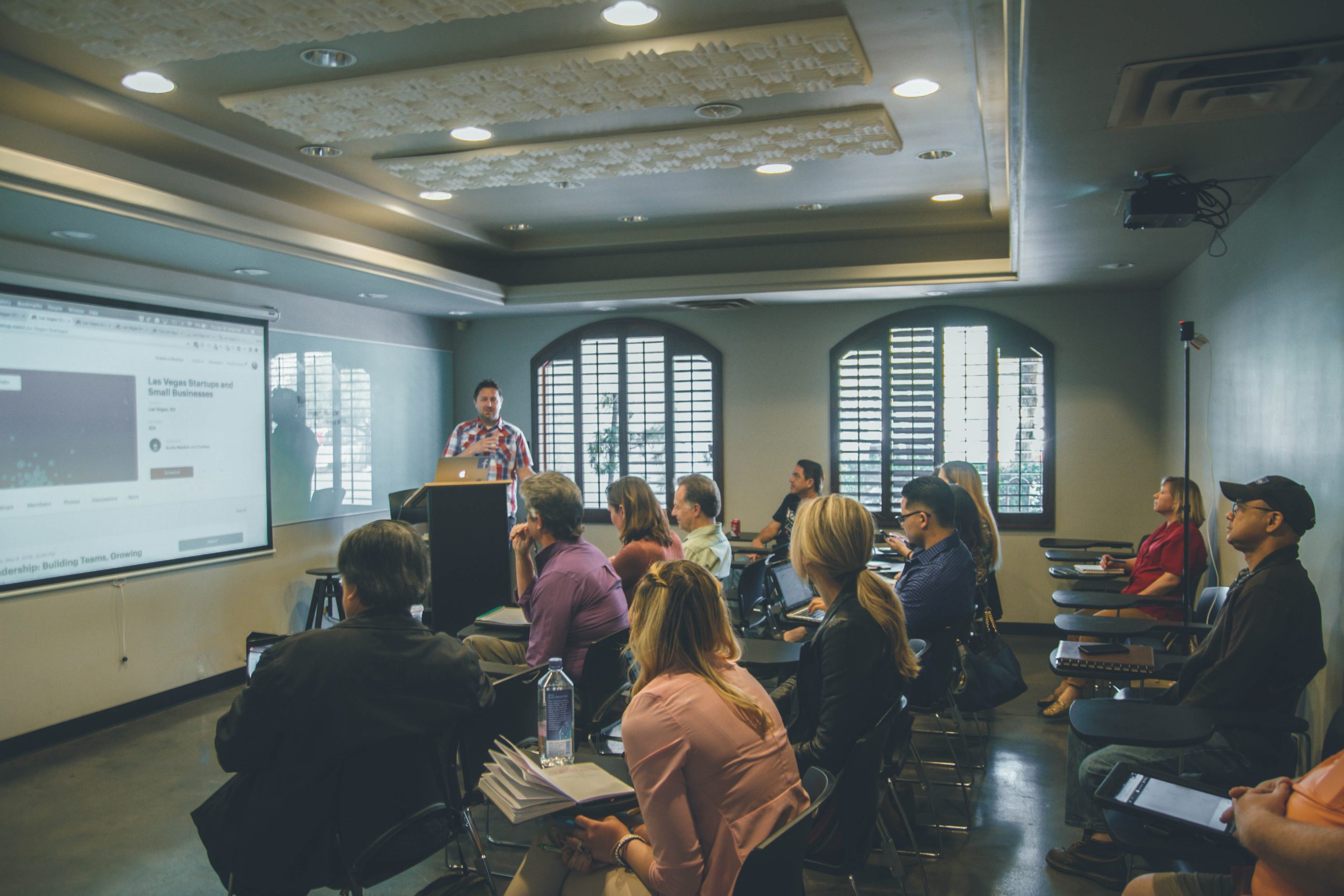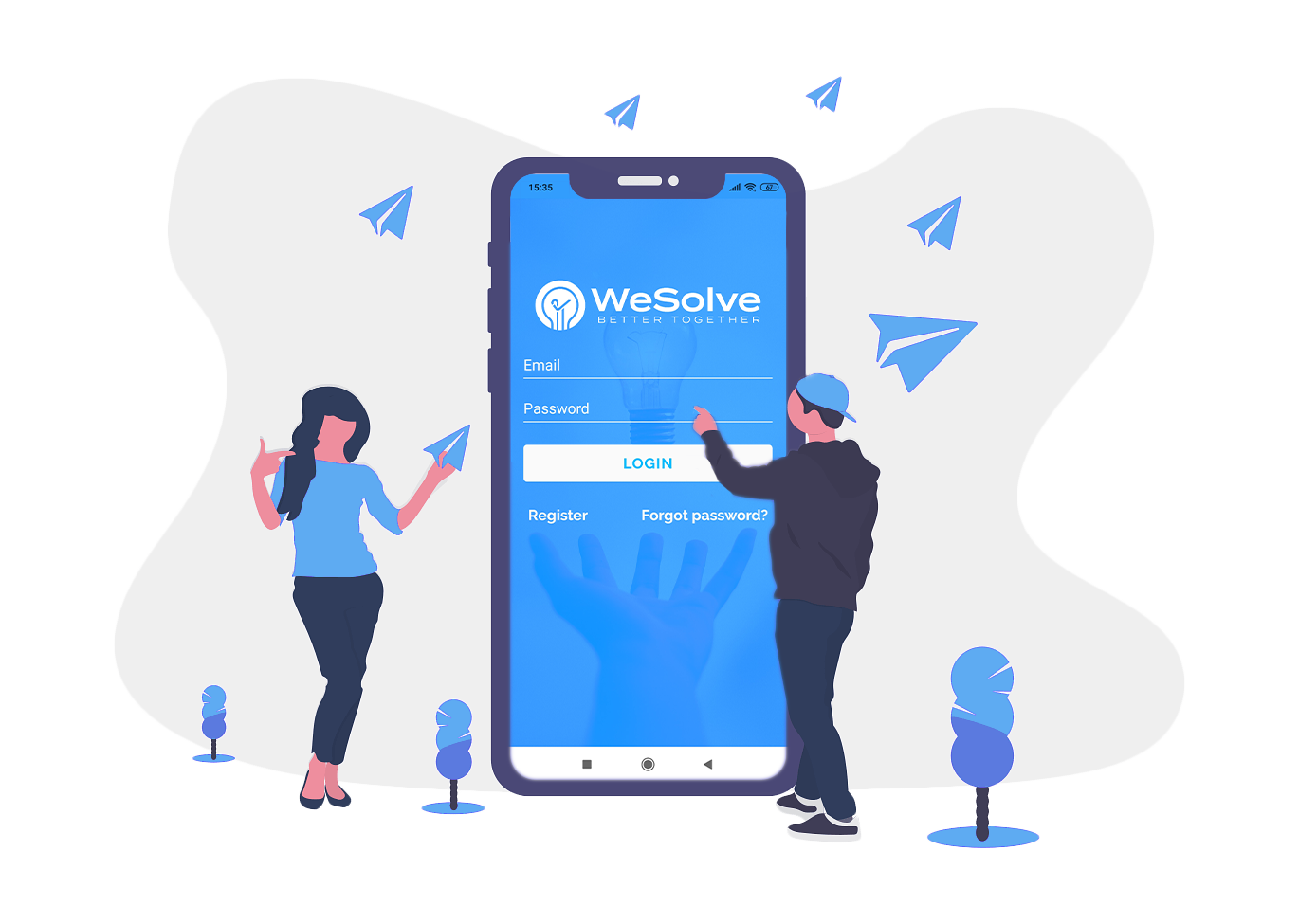Receiving feedback from the public is an important step in public participation. There are various methods for practitioners to obtain feedback from citizens. We analyse some common techniques as follow.
1 Suggestion forms
Suggestion forms allow practitioners acquiring information on public concerns through suggestion boxes, mails, emails or web-based techniques. It is an easy and convenient way to gain feedback.
Strength
This technique offers service to make suggestions for improvements and allows anonymous service. It engages people who would be unlikely to attend meetings. It also expands the contact list of organisations.
Weakness
The staff have the duties to ensure the suggestions are read and directed. It does not generate statistically valid results. Suggestions are easily to be skewed.

2 Surveys and polls
Surveys and polls are excellent ways of gathering information about a service from the public. Organisations can obtain rich sources of data containing citizens’ knowledge, attitudes and behaviour to improve their service and deliver better outcomes.
Strength
Surveys allow the collection of a specific aspect of information and enable the people who would not attend meetings to participate. Various forms of conducting surveys and polls are applicable to different situations, such as in-person surveys, mailed questionnaires, internet surveys and polls, and telephone surveys. Some forms of surveys provide anonymous service and have broader reaches. With the assistance of technologies, it can also deliver instant analyses of results.
Weakness
Care should be taken when designing appropriate questions to collect the desired information. This technique may be resource-intensive and need adequate human resources to carry out a certain amount of surveys. Language barriers are obvious in this technique.

3 Interviews
Interviews are one-to-one meetings with citizens or stakeholders to gather information about a service and understand how effectively their need was fulfilled. The participation of an interview should be voluntary either in person or through the internet. However, face-to-face interviews are generally more beneficial to acquiring relevant information.
Strength
Interviews provide an opportunity for the participant to reflect and exchange information in depth. Interviews can be a driver for the organisations to assess their performance, adjust the workflow, and deliver better service. The interview process is flexible and can happen formally or informally. Moreover, it is a useful tool to evaluate potential citizen committee members.
Weakness
Arranging interviews can be time-consuming. Careful consideration should be taken to avoid tokenism. For example, placing the citizens in the centre to focus on the improvements of organisations is one solution.

4 Community facilitators
Community facilitators are qualified individuals or professionals who are responsible for project outreach in local communities. If selected and trained carefully, they can obtain relevant information efficiently.
Strength
Community facilitators promote community-based involvement and take full advantage of existing networks. As the intermediary between the organisation and community members, this technique enhances the transparency and credibility of the project.
Weakness
It is likely to build false expectations for facilitators. Organisations may have difficulties in controlling information flow.

Considering the benefits and drawbacks of methods mentioned above, new techniques should be utilized to make the processes more efficient and practical.
WeSolve incorporates cutting-edge technologies into the engagement platform to facilitate participation process. Citizens can easily access and participate in challenges through WeSolve app. They can vote for ideas and interact with others. Practitioners can acquire data and information from the public automatically and manage them easily in our management panel. We also offer affordable prices to help you to cut down the cost and engage citizens better.
